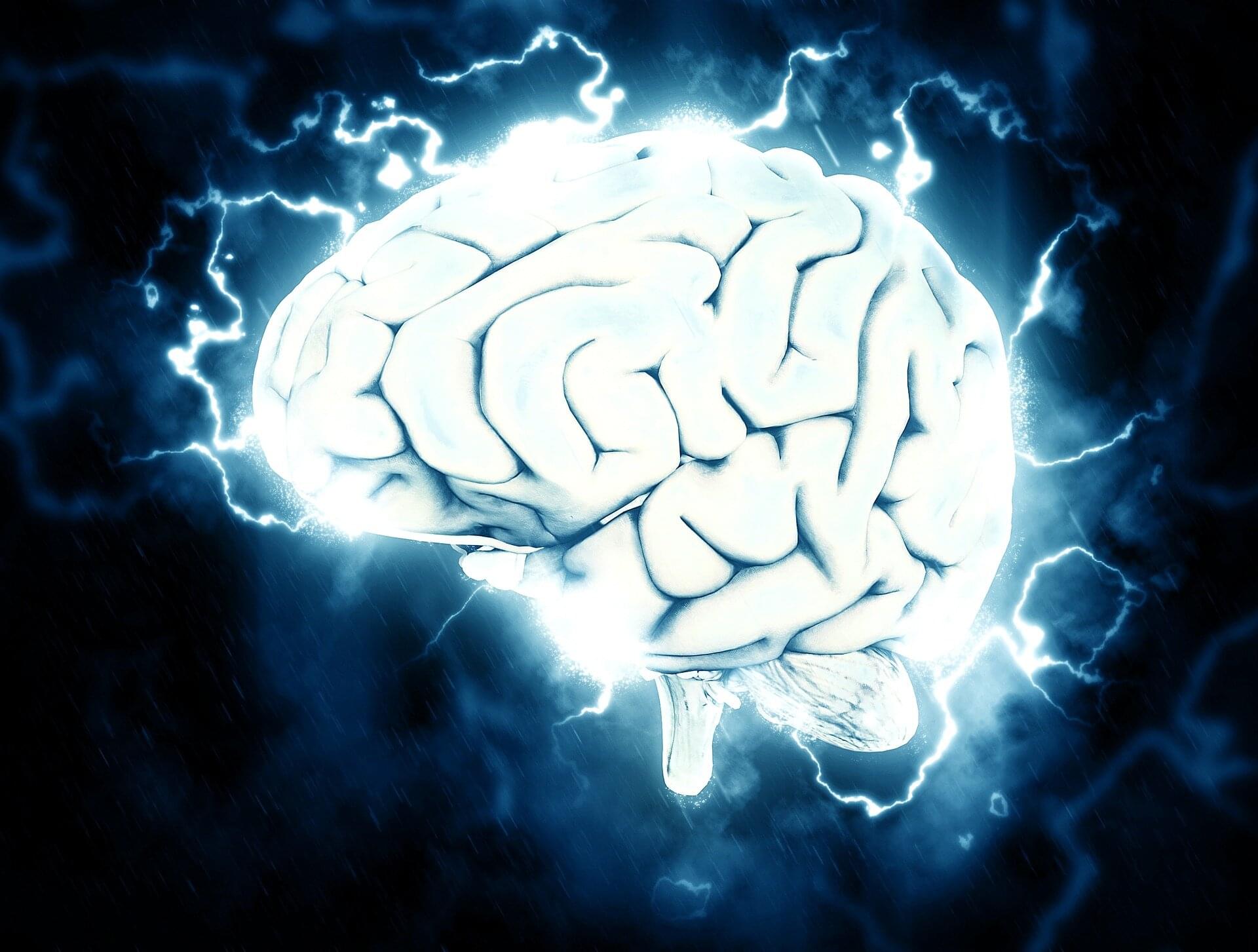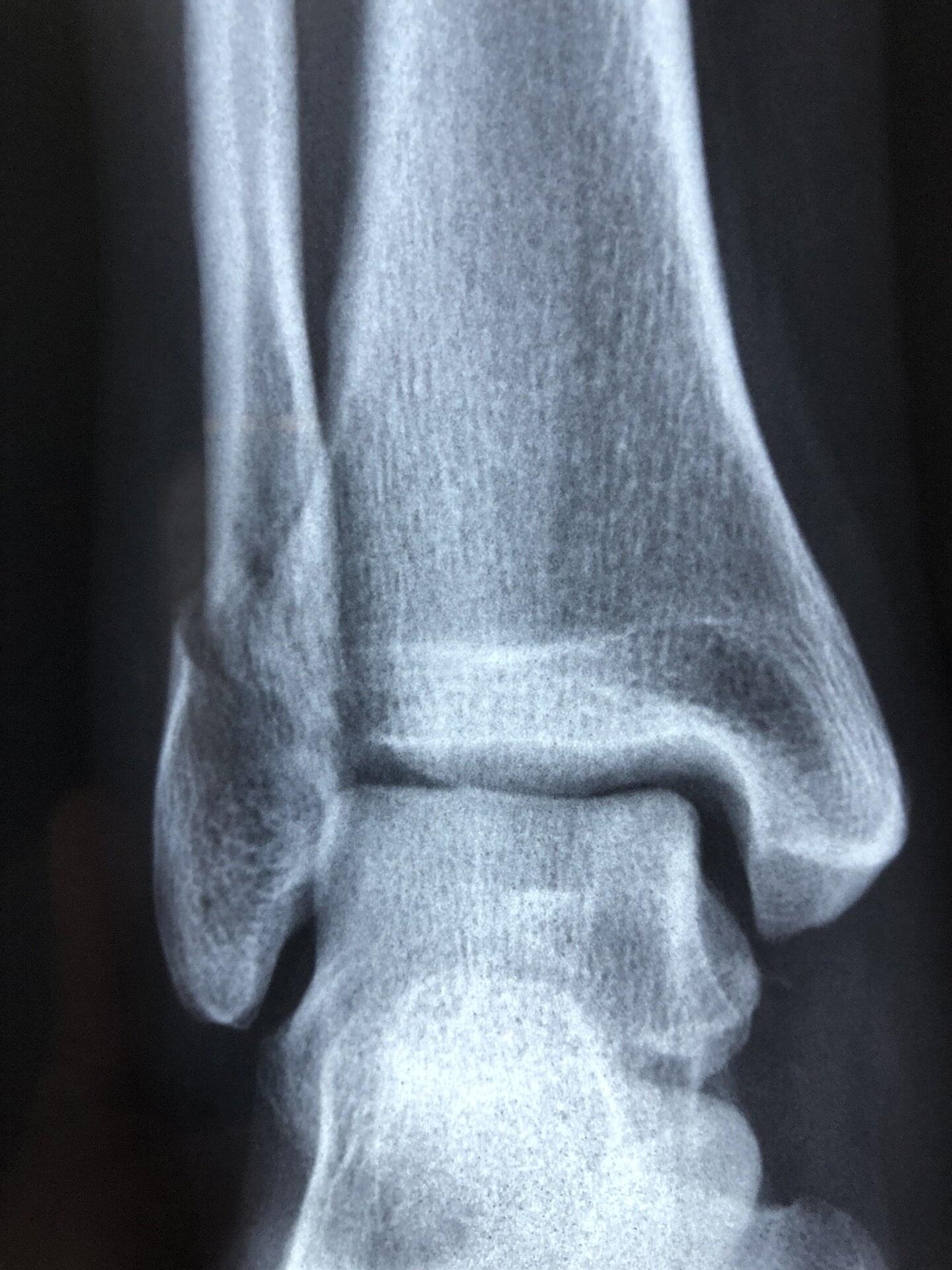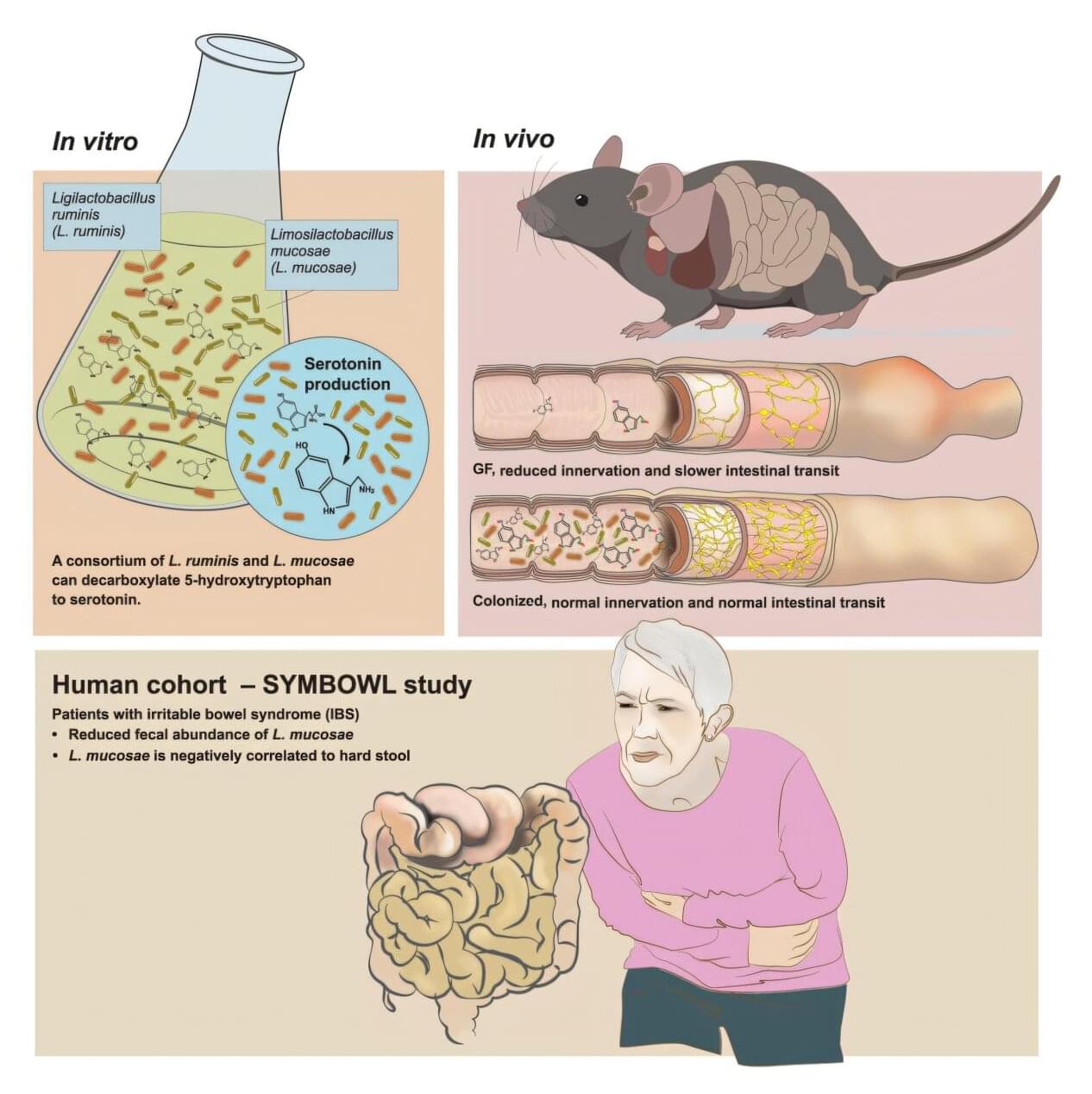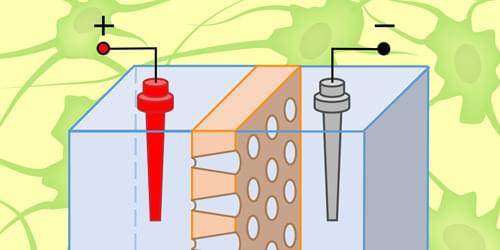For 25 years, scientists have studied “SuperAgers”—people aged 80 and above whose memory rivals those decades younger. Research reveals that their brains either resist Alzheimer’s-related plaques and tangles or remain resilient despite having them.
These individuals maintain a youthful brain structure, with a thicker cortex and unique neurons linked to memory and social skills. Insights from their biology and behavior could inspire new strategies to protect cognitive health into late life.
For the past 25 years, researchers at Northwestern Medicine have been examining people aged 80 and older, known as “SuperAgers,” to uncover why their minds stay so sharp.








